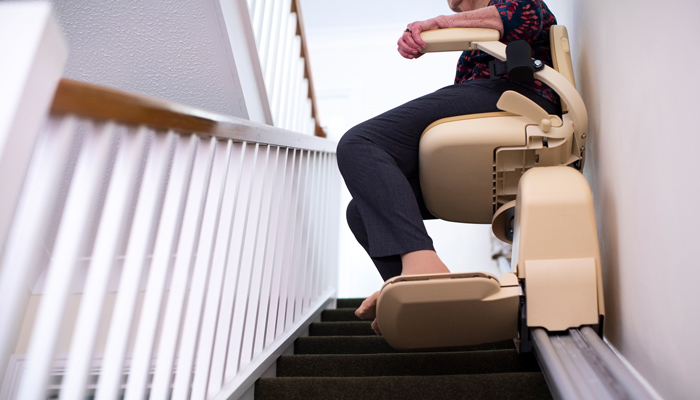Emergency Planning for Winter
We all love a winter wonderland but the reality of your employees struggling along icy roads to care for vulnerable people or dealing with burst pipes at your premises is far from idyllic. In this article we give essential advice to help you prepare your business for the winter months.
Preparing your business premises for winter
Flood or service failure
Freezing conditions cause a variety of problems ranging from the failure of public utilities to burst pipes and flooding which could prevent you working from your usual premises.
Did you know? In a study conducted by AGCS, “water damage accounted for the third-highest number of insurance claims for global business”.
What you can do: preventative measures include regular servicing of utilities, dealing promptly with problems like dripping taps, making sure pipes are insulated and keeping the heating on during freezing conditions. If the worse should happen ensure you have a contingency plan that enables you to work temporarily from another location.
Insurance tip: make sure you have appropriate business interruption cover in place and ask for input from your broker and insurer.
Slips and trips
You're responsible for providing a safe environment for staff and visitors to your premises so do what you can to make sure they don't slip or trip when entering or leaving.
Did you know? According to the HSE, slips and trip accidents cost UK employers over £500m annually.
What you can do: sign up for severe weather alerts, buy grit or salt in advance, clear snow and ice as soon as possible, establish safe access routes, use warning signs and cordon off problem areas.
Insurance Tip: document what you do - it'll stand you in good stead in the event of a claim.
Caring for your employees during winter
Travel problems
Ensuring your employees can reach service users can be a real headache during the winter months. Icy roads make driving more hazardous, increase journey times and put pressure on staff.
Did you know? It can take up to 10 times longer to stop on an icy road, so it comes at no surprise that the highest percentage of severe road accidents happen between November and February.
What you can do: Promote good car maintenance, suggest employees keep a flask, food, warm clothing and a fully charged mobile phone in the car and make arrangements so that key staff can work from home where possible.
Health and wellbeing
Your workforce is likely to be under increased pressure over the winter months and illness will only compound this. Unwell staff also risk the health of service users.
Did you know? Data collected in 2022, saw staff sickness in schools rise by 110% between the 2019 and 2022 in the UK.
What you can do: encourage your workforce to stay as healthy as possible and advertise local schemes for things like flu jabs.
Caring for your service users during winter
Delivering care
Older and disabled people are vulnerable to illness, slips and trips and suffer the effects of the cold acutely so it's a cruel irony that bad weather often means it's difficult to reach service users at the very time they need you most.
Did you know? The Scottish Government have created a Health & Social Care Winter Preparedness Plan 2023/24.
What you can do: Make sure you have a plan. Identify which members of staff live most remotely and which service users are most vulnerable, then work out alternative ways to provide care should the need arise. Consider different rota scenarios, make contingency arrangements with neighbours, family members and other organisations in the area. Provide staff and service users with emergency contact details and liaise with local councils to become part of their wider emergency planning process.
Insurance tip: Don't just have a plan, communicate it, test it and review it regularly. Document everything you do and check with your broker for any implications for your insurance cover.
Provide practical advice* to help keep service users warm and well by advising them to:
- Keep living areas warm and heating adjusted to the right temperature
- Eat well and keep hydrated - drink hot drinks and eat at least one hot meal a day
- Wrap up warm using layers - indoors and outside
- Draw curtains and close doors to prevent draughts
- Wear shoes with a good grip in wet and icy conditions
*Source:NHS and Met Office
Home care insurance from Towergate
For further information about Towergate Insurance contact us on 020 8336 0099 or email our home care team.
You can also find out more information by visiting our home care insurance page.
About the author

Carolyn Baker-Mellor is a respected industry leader with over 35 years' experience within the care insurance sector. She works across a wide spectrum of insurance product and policy development, delivery and optimisation for care industry clients, including managing global corporate accounts, working closely with trade associations, and helping clients in protecting their businesses and personal assets.
Date: December 28, 2023
Category: Care and Medical













